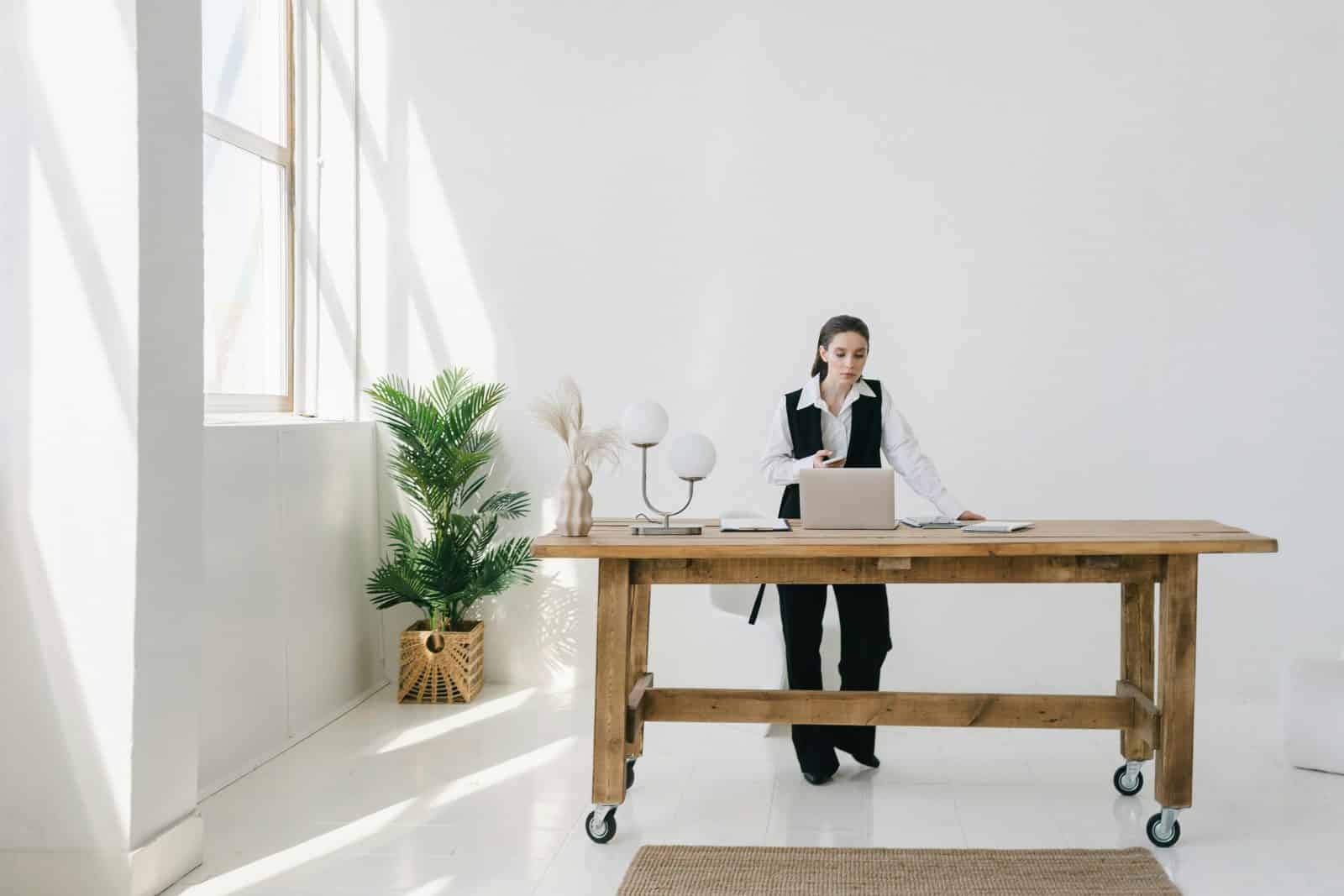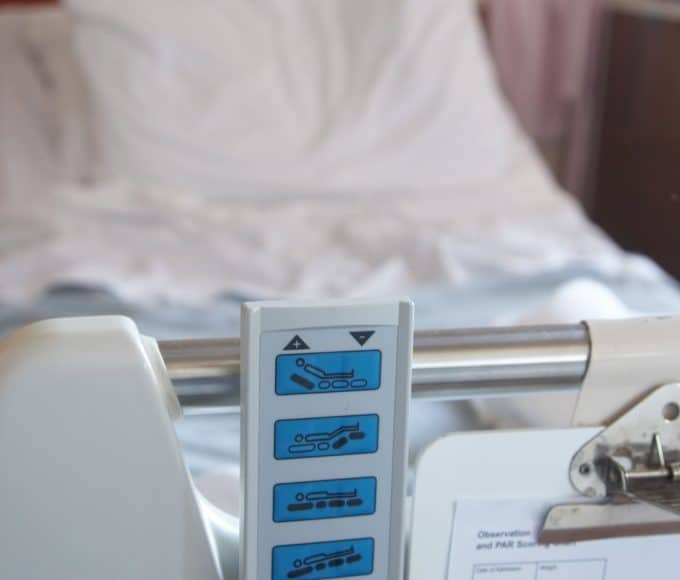Standing desk benefits are all over the internet right now, but are they actually worth the hype?
If you’ve been stuck at a desk for hours every day, feeling stiff, foggy, or just weirdly tired, switching things up might sound tempting.
But before you drop serious cash on a new setup, here’s what you actually need to know.
So what is a standing desk supposed to fix?
Sitting for long periods — especially with bad posture — has been linked to back pain, tight hips, poor circulation, low energy, and even higher risk of chronic diseases.
A standing desk won’t magically cure all that, but it gives your body a chance to stay more active throughout the day.
People report:
-
Better posture
-
Fewer lower back issues
-
Improved focus
-
More natural energy in the afternoon
-
Less “foggy” feeling after long work sessions
The keyword here is movement. Standing keeps your muscles a little more engaged. You fidget. You shift. You stretch. That stuff matters more than people think.
What standing desks do not do
Let’s clear something up. Standing desks are not a workout. You’re not going to burn hundreds of calories or get toned legs from standing while you answer emails.
And if you just stand stiffly all day? That’s not great either.
What matters most is switching between sitting and standing. That’s where the real standing desk benefits kick in — when you’re able to move freely and mix up your posture throughout the day.
Should you actually buy one?
Here’s the honest take:
-
If you work long hours on a screen, a standing desk can help your body feel better by the end of the day
-
If you have back or neck issues from sitting too much, it’s definitely worth trying
-
If you want to feel a little sharper and more alert without reaching for coffee at 3pm, it’s a good option
-
If you already move a lot and don’t feel drained from sitting, it might not make a huge difference
Look for an adjustable desk so you can switch between sitting and standing. Fixed standing desks sound cool but can be annoying fast.
Extra tips if you try it
-
Ease into it. Start with 30 to 60 minutes of standing at a time.
-
Use a mat or wear good shoes. Don’t go barefoot on hard floors.
-
Still take breaks. Go for walks. Stretch. Movement beats stillness, sitting or standing.
-
Set a timer to remind yourself to switch positions every hour or so.
Standing desk benefits are real, but only if you actually use them right. It’s not about standing all day.
It’s about giving your body options so it’s not stuck in one frozen position for eight hours straight.
If you want to feel a little better at the end of your workday, breathe easier, and stay more alert — a standing desk is probably a good move.
Let me know if you want a breakdown of the best budget standing desks or a sitting-to-standing routine that works.
Read more – Nature’s Blueprint: Surprising Biomimicry Inventions Improving Our Health














